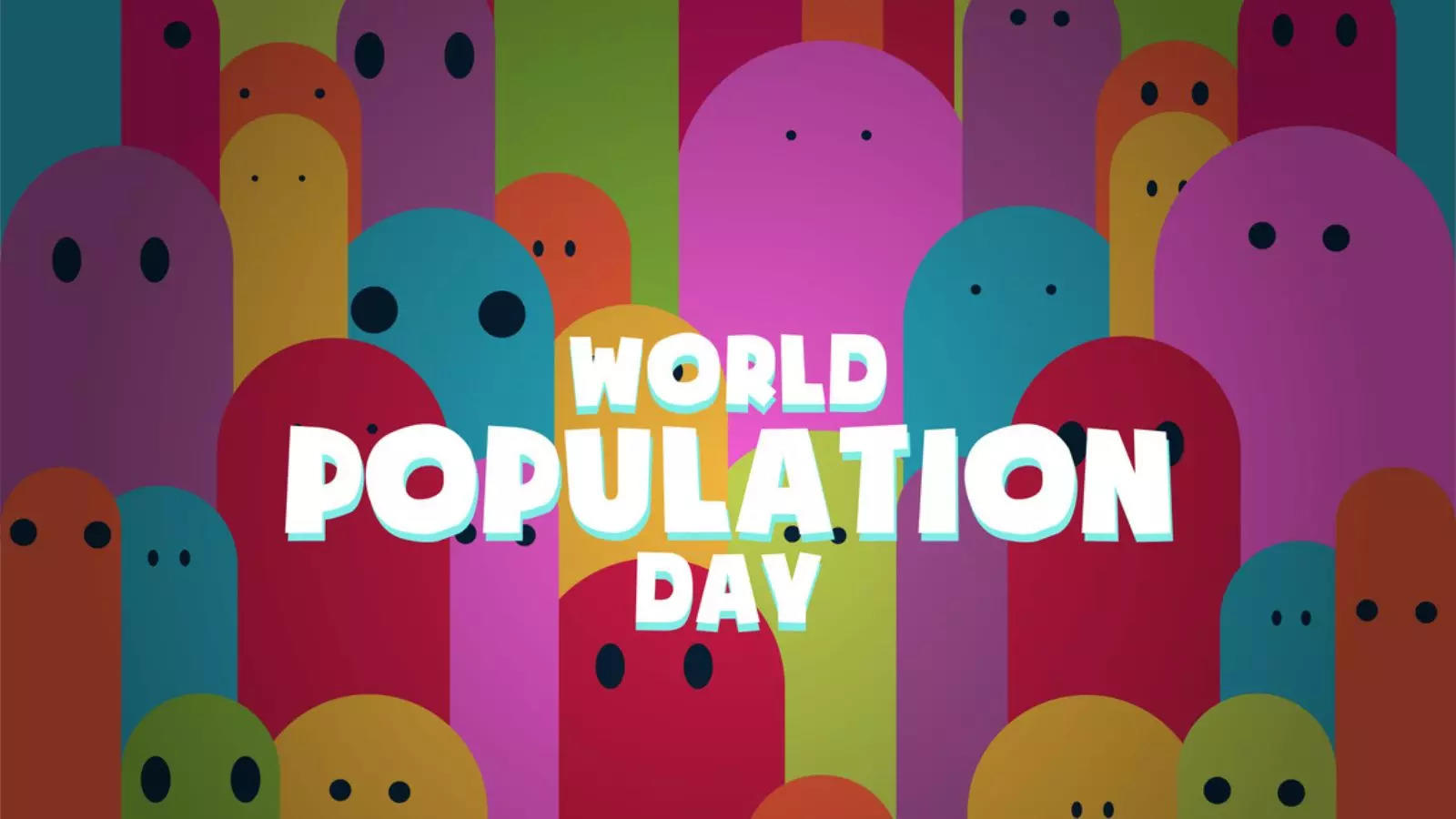
Exploring World Population Day 2024: History, Significance, And Interesting Facts
World Population Day , observed annually on July 11, aims to spotlight global population challenges, including issues of sustainability and effective policy-making. As per the United Nations (UN), the increasing global population impacts various facets of life such as employment, economic development, poverty alleviation, income distribution, and social welfare. This trend also strains essential resources like education, healthcare, sanitation, housing, water, food, and energy. Accurate data is crucial for policymakers to address these sustainable development needs effectively.
The global population has now surpassed 8 billion, posing significant challenges to creating a more sustainable and equitable world for future generations.
World Population Day 2024: History
Established by the UN in 1989, World Population Day commemorates the day when the world's population reached five billion on July 11, 1987. It was conceived by Dr. KC Zachariah to draw attention to critical population issues including maternal health, poverty, economic hardships, and other challenges.
World Population Day 2024: Significance
Each year, World Population Day serves as a reminder of the global commitment to achieve sustainable development goals by 2030, ensuring a sustainable and peaceful future for generations to come. The day is marked by initiatives aimed at promoting gender equality and empowering women and girls worldwide, initiatives led by the UN Population Fund (UNFPA) which supports over eight billion people on our planet in achieving their aspirations.
World Population Day 2024: Theme
As for World Population Day 2024, the United Nations Development Programme (UNDP) has yet to announce a specific theme. The occasion typically focuses on different aspects of population dynamics, addressing pressing global concerns.
Why Celebrate World Population Day?
World Population Day is observed to focus on population issues and spread awareness about the negative impacts of overpopulation. The rise in population causes numerous public health challenges, results in environmental degradation, and puts a strain on resources. Raising awareness about these crucial issues fosters discussion and encourages finding solutions.
Facts About Population
- The world’s population is more than three times larger than it was in the mid-20th century.
- In mid-November 2022, the global population reached 8 billion. The world’s population was 2.5 billion in 1950, adding 1 billion since 2010 and 2 billion since 1998, according to the UN.
- The world’s population is expected to increase by 2 billion in the next 30 years, reaching 9.7 billion in 2050 and peaking in the mid-2080s at 10.4 billion.
World Population Day is an essential occasion to recognise the challenges posed by population growth and to promote sustainable development, gender equality, and improved public health. By raising awareness and encouraging proactive measures, we can work towards a better future for all.
Next Story
READ ON APP